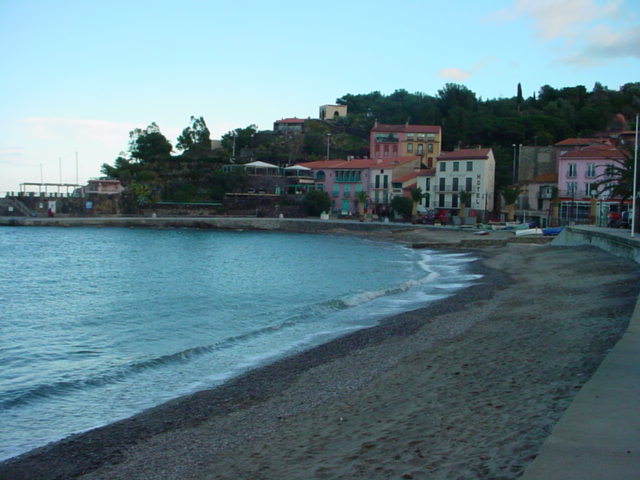As I was saying in the last post, sometimes just being transparent shouldn't be the object of rules about conflict of interest; it must go hand in hand with an enforcement regime. Take the recent case of David Earnshaw, who was working as an independent expert on health for the Environment Committee at the European Parliament and was also a lobbyist for the pharmaceutical industry. He told the MEP to whom he wrote his application for employment about his other professional activities. But that wasn't enough to keep him from giving advice to the committee.
But on the other hand, I'm sure being an independent expert doesn't pay the bills. And if he wanted to continue to be an expert on pharmaceutical issues in Brussels, how should he do it if not work for a pharmaceutical company? I think the NGOs can seem have the upper hand in such a debate for not a very good reason; because they might be working on pharmaceutical issues outside of a big corporation, they seem to be immune. But that shouldn't be the case. Anyone who represents an interest would seem to lack "independence."
Mr. Earnshaw was also a Labour candidate in a recent election. That leaves him with less independence as well.
And yet.....if you end up working on a topic for a long amount of time, you inevitably develop your opinions about what should and shouldn't become the regulations for that sector...so what should you do about that? Obviously, the parliament needs people who know their stuff. And I think this whole shebang about Earnshaw is confusion; maybe the Parliament shouldn't call them "independent" experts, but maybe "biased but knowledgeable" experts.
Subscribe to:
Post Comments (Atom)

No comments:
Post a Comment